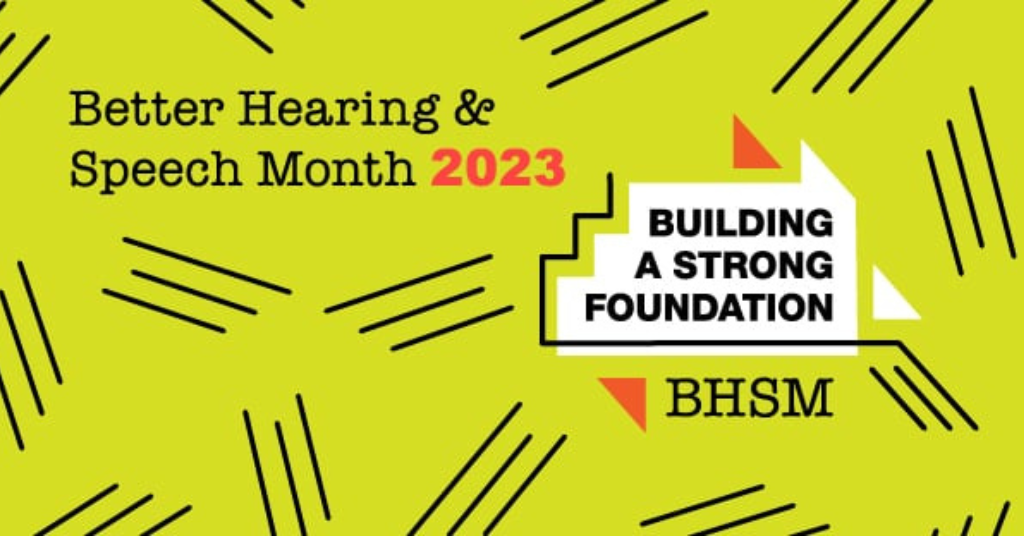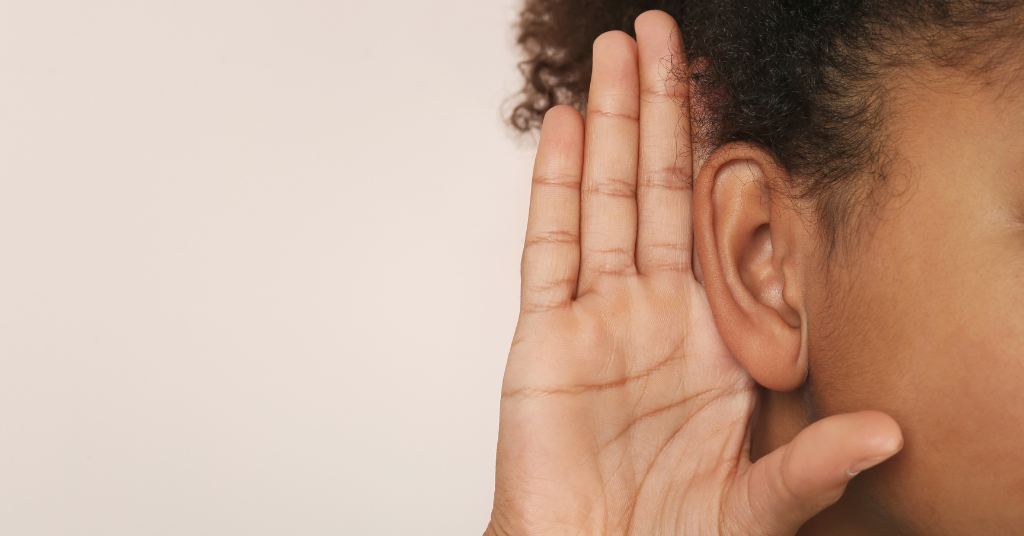
My favorite YouTubers (who caption!)
February 5, 2016
Police dog’s keen nose helps find lost hearing aid
February 10, 2016How mindfulness can help enhance your hearing experience

How we talk about things influences how we perceive them, such as talking about hearing “loss.” In the same way, how we think about hearing loss can influence how it affects us. Being mindful about my hearing and how I talk about it has taught me many good things. The focus on hearing loss has always been on the impairment, the “dis”-ability. Certainly from one perspective that’s exactly what we have. A loss. But you could read your audiogram another way and see the amount of hearing “ability” you may still have even after a loss.
With so many advances in the past several years, 2016 may be a good time to start focusing on our actual experience of “hearing” – what I will call our “ability” to hear – and not just on our loss as measured by an audiogram. This thought hit home for me very recently when I started to perform music again after 34 years. I was encouraged by a musician colleague to read new research about the brain’s “neuro-plasticity” and what it might mean for me and my musical aspirations. I also started aural rehabilitation and I resumed vocal training that I had discontinued three decades before. During the past two years, through much repetition and practice, I felt that I was experiencing changes in my hearing that were definitely improvements and enhancements – even though my audiogram didn’t budge. So what was going on? Understand that in the interest of resuming my music career I have always been a bit of a fanatic about my hearing. I am also ultra-aware and sensitive to changes to my hearing over time, however subtle – and I mean hour to hour, day to day.
Being mindful about my hearing and how I talk about it has taught me many good things.
I’m very excited by the improvements in hearing technology and how those improvements are also helping the brain to hear more and what that might mean for improving my “ability” to hear – not just speech but music as well. The brain’s flexible responses to sound means that the plot for us “hearing lost” is thickening. The better sound coming from our aids along with really listening to speech and music, and aural rehabilitation activities and exercises seem to portend better hearing down the line. Surely, my enhanced hearing experience is emanating from these things – and others – in which I have been engaged. As a way of getting this conversation started, here are some suggestions from my perspective that might help you to enhance your own hearing experience.
Listen: Be mindful of what you can hear with and without your hearing aid
Becoming more aware of good things that happen with your hearing provides some measure of control, further insight and it can lift the spirit. It’s also comforting to understand what you experience and why at any moment – whether it’s clarity, tonality, and/or brightness, or pain, fullness, cloudiness, irritation, distortion or anything else. (I’m saving tinnitus for another post.) You can also observe when those changes happen, what time of the day: first thing in the morning, mid afternoon, late at night; in different weather conditions and seasons; in different indoor and outdoor settings; in conversation, during or after exercising, eating or drinking, short term or over a longer period. Write these down and see if you can trace the patterns. The point is, an audiogram gives you important information at a fixed point in time about a long term condition, but we are never just at a fixed point, and our movements and activities can impact our hearing (subtle or otherwise.) Who knows, the information you have recorded may be beneficial in the future. I’ve discovered (and had confirmed by my audiologist and otologist) that most of the changes that occur are quite normal and no reason to panic. Even before we lost our hearing some of these things were happening and we may never have noticed. Notice them now. Focus on your ability, not just your loss.
Feed the Brain: Be mindful about how the brain works
Just researching the brain’s “neuro-plasticity” and what it might mean for my musical aspirations encouraged me to start aural rehabilitation and vocal training. Research may help you reach your goals too. Learning how the latest research may have some good news about your hearing “ability” can give you topics to discuss with your audiologist. It will encourage you to maximize your efforts to protect your ears and to work on your hearing experience by feeding the brain what it needs.
Care for your Technology: Be mindful about hearing aid care
Several weeks ago I woke up with a painful irritation in the canal of my right ear (my good ear) after performing the evening before. It sounded to me as if I was in a tunnel and clearly to me, there was something going on. Yes, I freaked out at first, though I was quickly aware that my hearing hadn’t changed or deteriorated, it just sounded different. My ear doctor and audiologist told me not to panic, that it might be a seasonal adjustment – but to watch it over the next week. I thought about my habits and routines and what might have caused this when I realized I had not been very diligent about drying my hearing aid for some time.
I had grown tired of putting my dessicant from the dry caddy into the oven to heat it, so I just popped my aid into the caddy and assumed the hearing aid fairies would magically dry it. A few days later, I visited my audiologist and bought an electric dryer that I had been eyeing for some time. The $65 cost was well worth it. Not only did it dry my hearing aid, but the very first morning after drying, my hearing was so clean, clear and bright that I could hardly believe it. It seemed there was a boost of several DB’s in volume as well. What’s more, and as I suspected, within days the irritation in my ear canal disappeared. I assume the aid had picked up some bacteria and lo and behold gave it right back to me. It’s now an important part of my nightly routines. And while I’m here, if your aid has filters, change them regularly and clean your aid with the tools you have been given to maintain your aid’s maximum operation. You can learn more about hearing aid care tips, here. I’ll have more suggestions in my next post for enhancing your hearing experience including why you might consider some aural rehabilitation or ear training, and how listening to music, singing in the shower, and taking voice lessons might be just the tickets to better hearing.
Have you experienced enhancements to your hearing “ability” in some new ways? Please share your stories on this topic in the comments below.







